France: Macron’s options after prime minister ousted
France faces a huge political crisis after lawmakers voted to oust prime minister François Bayrou’s minority government over his controversial austerity measures. His plan to cut €43.8 billion from the budget, including the elimination of public holidays, proved too bitter for lawmakers to swallow, leading to his removal by a wide margin. Emmanuel Macron must now name a fifth prime minister in less than two years, but his options are fraught. Any new premier will confront the same fractured parliament, where ideological divides between socialists and conservatives leave little space for compromise. A snap election would most likely lead to another hung parliament, while a technical caretaker government risks political paralysis. Though Macron’s resignation as president is highly improbable, his authority appears diminished. Financial markets are watching nervously as doubts grow over France’s ability to curb its soaring debt and deficits. Latest update: a new prime minister has been sworn in, but a grassroots group ‘Let’s block everything’ organised widespread protests, some violent, on 10 September. See
Poland: reactions to Russia’s drone attacks
Russia’s unprecedented drone strikes on Poland on 9 September are framed as both a test and a warning to Europe and NATO. Moscow, adept at ‘salami-slicing’ escalation, is probing allied resolve with incremental provocations - from bombings in Kyiv to GPS jamming: each crossing a new line while eliciting mostly rhetoric. Similar tactics enabled the 2014 seizure of Crimea, and hitting Polish territory is a larger slice meant to measure the alliance’s willingness to honour Article 5. A direct military response is deemed unlikely, yet inaction risks projecting weakness and inviting the next escalation. Sanctions talk will grow, but prior rounds neither deterred invasion nor reversed it; energy sanctions that might bite remain politically constrained. The strikes also serve as a warning against deeper Western involvement in Ukraine: Russia’s deniable, ambiguous tactics could complicate any future allied deployment after a ceasefire. The core question: can NATO deter without stumbling into a wider war?
Qatar: Israeli airstrike on Hamas leaders
The dramatic airstrike by Israel on Hamas leaders in Qatar on 9 October marks a new twist in a war already destabilising the wider Middle East. Qatar, long considered Hamas’ political base and a central mediator in ceasefire negotiations, condemned the attack as a flagrant breach of international law, while regional powers including the UAE and Saudi Arabia denounced it as an assault on sovereignty. The strike targeted Khalil al-Hayya, Hamas’ exiled Gaza chief and top negotiator, but reports indicate he and others survived. Coming just a day after Hamas’ armed wing killed six people in Jerusalem, the move risks collapsing fragile ceasefire talks. In Gaza City, Israeli evacuation orders have spread panic among civilians, many already displaced and trapped in worsening conditions. This year Israel has struck Hezbollah in Lebanon, Houthis in Yemen, and Iranian-linked targets in Syria and Iran, heightening fears of a regional war.
Nepal: violent protests against corruption and ban on social media
Nepal has been rocked by its most intense unrest in decades, with corruption and nepotism at the heart of nationwide protests. The turmoil escalated dramatically after the government’s controversial ban on social media platforms triggered widespread anger, amplified by resentment over politicians’ wealth and privileges. Though Gen Z activists initially led peaceful demonstrations, they turned violent, leaving at least 29 people dead and parliament, government buildings, and private homes torched. The protesters insist that infiltrators hijacked their movement, a claim supported by the army. While regretting the violence, some are cautiously optimistic that the movement might spark reforms. The army has deployed across Kathmandu, enforcing curfews, manning checkpoints, and inviting protest leaders to talks, while some young people began cleaning debris to show their hope for change. Whether the movement will lead to accountability and new leadership, or simply further instability, remains to be seen.

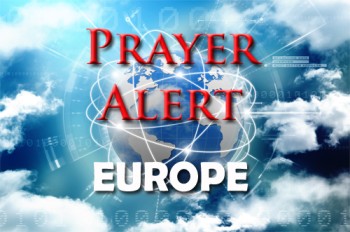
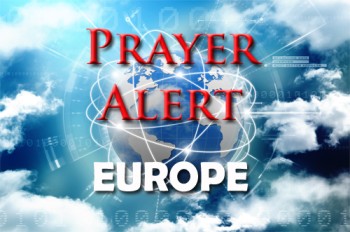
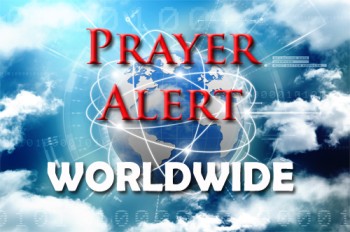
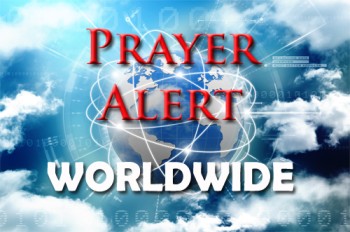
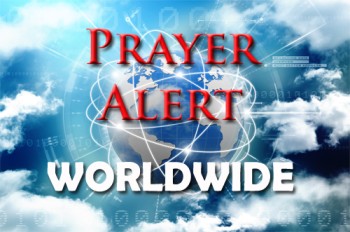
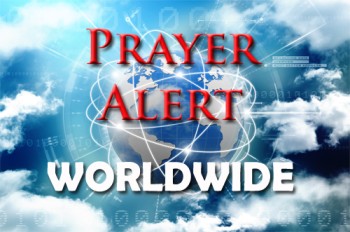
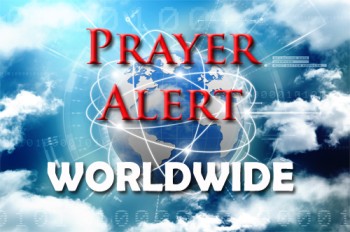
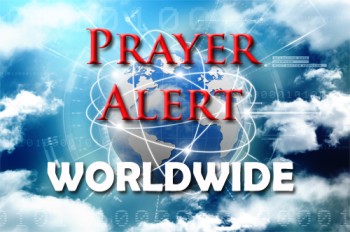
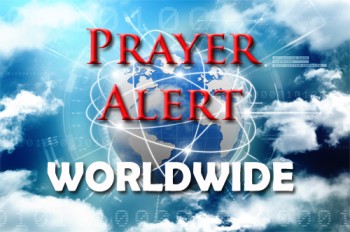
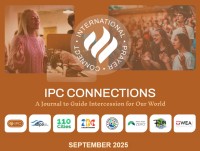
 I trust that you will be blessed and encouraged as you read the articles, news and resources info this month.
I trust that you will be blessed and encouraged as you read the articles, news and resources info this month. Light of the World - a beautiful hand-drawn 2D
Light of the World - a beautiful hand-drawn 2D  2BC’s
2BC’s  10 Days Film Preview
10 Days Film Preview 15 Days of Prayer for the Hindu World - 12th-26th October, 2025
15 Days of Prayer for the Hindu World - 12th-26th October, 2025
 Bible Day – Tues 30th Sept 2025, 6-8am (Pacific)
Bible Day – Tues 30th Sept 2025, 6-8am (Pacific) Will you become an IPC Prayer Flame Partner?…
Will you become an IPC Prayer Flame Partner?… Prayer changes cities! God has placed you where you are for a purpose - to pray, bless, and shine His light in your community.
Prayer changes cities! God has placed you where you are for a purpose - to pray, bless, and shine His light in your community. Finally, I would like to earnestly ask you to join us in covering IPC’s teams across our 15 Regional Prayer Councils in prayer at this time. Many of our leaders and workers live or travel to nations where there is persecution and unrest. Others serve in places with limited or no access to adequate healthcare.
Finally, I would like to earnestly ask you to join us in covering IPC’s teams across our 15 Regional Prayer Councils in prayer at this time. Many of our leaders and workers live or travel to nations where there is persecution and unrest. Others serve in places with limited or no access to adequate healthcare. Every blessing,
Every blessing,